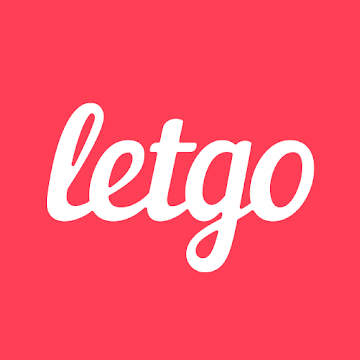Community members of Uniswap, the leading decentralized crypto exchange (DEX), voted to deploy to Binance’s BNB blockchain using the Wormhole bridge, the culmination of a behind-the-scenes political battle that ended with the big Silicon Valley venture-capital project backer Andreesen Horowitz (a16z) on the losing side.
This week’s vote by the Uniswap DAO – a decentralized autonomous organization that allows Uniswap (UNI) token-holders to weigh in on protocol changes – closed Friday with 66% in favor of deploying Uniswap onto BNB Chain, and 64% opposed.
The lead dissenter was a16z, Uniswap’s largest investor, which had pushed instead for one of its own portfolio companies, LayerZero, to be used as the cross-chain bridge. LayerZero lost a previous community poll to become Uniswap’s official Ethereum-to-BNB bridge service – a piece of infrastructure necessary to keep Uniswap’s governance process up and running on BNB Chain.
This week’s followup vote, which was open from Feb. 2-10, officially ratified Wormhole, a LayerZero competitor, as Uniswap’s partner. The vote turned contentious after a16z elected against it and raised issues with Wormhole’s security in a Uniswap community forum post. Separate allegations were made about deficiencies in LayerZero’s security.
“[W]e do not believe Wormhole offers the most secure or decentralized bridging option,” wrote Porter Smith, a partner at a16z Crypto, citing last year’s $326 million hack of the Wormhole platform as a key factor in the firm’s opinion. An a16z representative also told CoinDesk the firm took issue with the process the DAO used to assess different bridge options, suggesting the community re-do the vote after completing a more formal review of the bridge contenters.
A16z’s 15 million “no” votes did not ultimately block the BNB-deployment from passing, but they nonetheless raised questions in the broader crypto community around the venture firm’s influence within Uniswap’s governance system.
Robert Leshner, the founder of crypto lending platform Compound, voted in favor of Uniswap’s BNB Chain deployment despite also being a LayerZero investor.
“I think these contentious votes show that there are genuine differences of opinion within the community,” he told CoinDesk TV on Friday. “I think its healthy for there to be debate. If things just get rubber-stamped or steamrolled, then it’s in the counter-interests of the community.”
Uniswap is racing to launch its new “V3” platform onto BNB Chain before April 1, when a business license expiry could leave room for copycat platforms to clone Uniswap’s V3 software to build competitors. The platform is aiming to avoid a replay of 2020’s vampire attacks, when the upstart SushiSwap DEX used a line-for-line copy of Uniswap’s open-source code to lure away many of its users.
“I think it’s possible that I would have voted differently if there was another five months to deploy this, but every delay in getting Uniswap deployed is jeopardizing its market position,” said Leshner.
Uniswap V3 is currently live on Ethereum and a handful of other blockchains, and it sees over $1 billion in daily trading volume. It is the newest iteration of the Uniswap DEX protocol, which was the first platform to use the now-ubiquitous automated market maker model – a technology that allows people to swap between different cryptocurrencies without relying on a middleman.
When Uniswap arrives on BNB Chain – a popular blockchain built by the crypto exchange giant Binance – it will face competition from PancakeSwap, currently the chain’s largest DEX.












